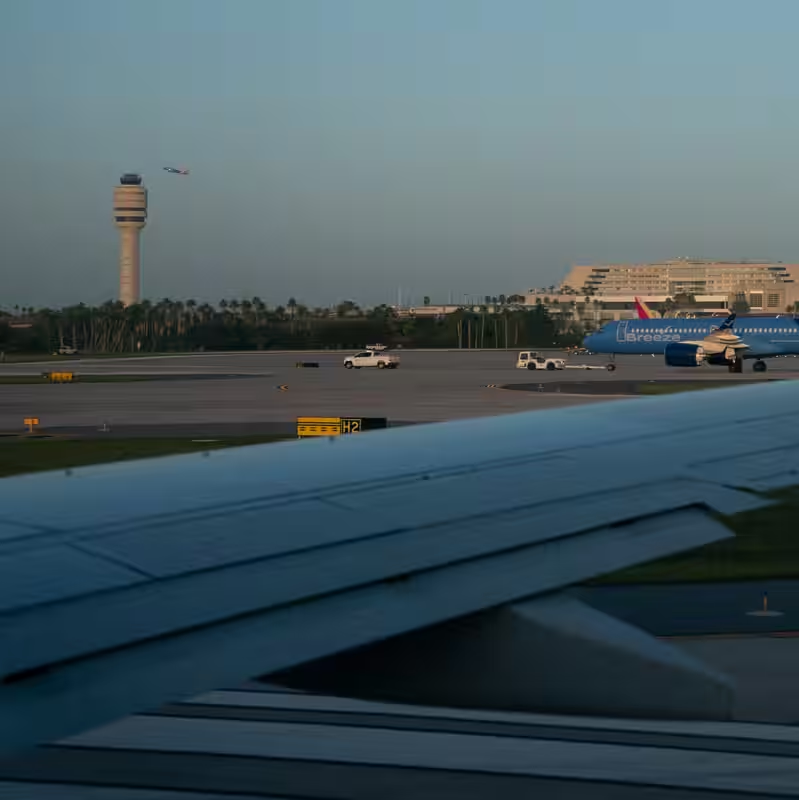Orlando Air Traffic Controller Shortage Grounds Flights
Travelers across the East Coast faced massive delays and cancellations Thursday as a critical shortage of certified air traffic controllers at Orlando International Airport triggered a cascade of disruptions.
The Federal Aviation Administration (F.A.A.) issued an urgent advisory late Thursday, warning that for a period of time, “no arrivals will be able to land” in Orlando due to the absence of qualified personnel. By nightfall, average delays stretched to 2 hours and 40 minutes—with some passengers stranded for nearly 12 hours.
Widespread Ripple Effects
The crisis didn’t stop in Florida. The staffing shortfall quickly spilled over to other major hubs:
- John F. Kennedy International Airport (JFK) in New York City enacted a ground stop for certain flights.
- Ronald Reagan National Airport near Washington, D.C., reported sustained delays throughout the afternoon and evening.
These disruptions come amid compounding challenges: severe weather, an unrelated aircraft emergency, and—most critically—a federal government shutdown that has left thousands of aviation workers without pay.
Shutdown Fallout: Controllers Working Without Pay
Controllers missed their first paycheck on Tuesday. Transportation Secretary Sean Duffy warned that while many can survive one missed payment, “None of them can get through two paychecks.”
Vice President JD Vance echoed the urgency during a White House meeting with airline executives, calling the situation a looming “disaster” if the shutdown drags into November—just as holiday travel surges and winter storms intensify.
Preexisting Staffing Crisis Exacerbated
Even before the shutdown, the F.A.A.’s air traffic control workforce was stretched thin. With roughly 3,000 vacancies
“A lot of our people can go through the miss of one paycheck,” Duffy told reporters. “But when you’re already working overtime to cover gaps, morale—and attendance—plummets fast.”
Is It Still Safe to Fly?
Despite the chaos, officials insist safety hasn’t been compromised. Duffy emphasized that the F.A.A. activates “staffing triggers” to reduce air traffic volume when controller levels fall below safe thresholds—effectively prioritizing safety over schedule.
This means delays aren’t just inconvenient—they’re a built-in safeguard. As one insider put it: “Better late than never… or worse.”
What Travelers Should Know
| Airport | Status (Oct 30, 2025) | Avg. Delay |
|---|---|---|
| Orlando Intl (MCO) | Temporary landing halt | 2h 40m (up to 12h) |
| JFK, NYC | Partial ground stop | Variable |
| Reagan National (DCA) | Ongoing delays | 1–3 hours |
Passengers are urged to check flight statuses in real time and prepare for last-minute changes—especially if traveling through major East Coast hubs in the coming days.
Looking Ahead
With Congress deadlocked and no end to the shutdown in sight, aviation experts fear conditions will worsen as Thanksgiving approaches. Airlines are already bracing for operational nightmares, and passenger advocacy groups are calling for emergency intervention.




